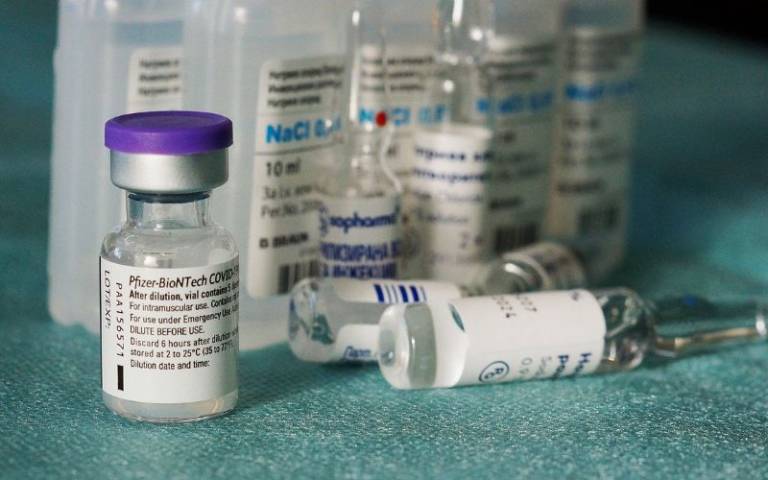Reluctance to accept a Covid-19 booster vaccine was reported in 12% of young adults, compared to 8% of adults aged 30-59 and 3% of adults aged over 60, find UCL researchers as part of the Covid-19 Social Study.

Meanwhile, booster unwillingness was twice as high in people with lower household incomes (10%) compared to those with higher household incomes (5%), and in people with education levels up to a GCSE (10%) compared to those with a degree or higher (5%).
People living with children (15% vs 7% in those not living with children), and people in good physical health (11% vs 7% of people with a physical health diagnosis) were also more likely to express hesitancy about receiving a Covid-19 booster vaccine.
However, overall, booster vaccine intentions were favourable, with 49% of adults surveyed having already received or accepter their booster vaccine for Coronavirus, and 39% of respondents saying they were willing to do so.
Launched in the week before the first lockdown started, the ongoing UCL Covid-19 Social Study is funded by the Nuffield Foundation with additional support from Wellcome and UK Research and Innovation (UKRI). It is the UK's largest study into how adults are feeling about the lockdown, government advice and overall wellbeing and mental health with over 70,000 participants who have been followed across the last 88 weeks.
Lead author Dr Elise Paul (UCL Institute of Epidemiology & Health Care) said: "It is concerning to see such hesitancy to accepting a Covid-19 booster vaccine as the number of infections continues to rise. Young people may be less concerned with getting their third jab as they might feel that the illness would not affect them as much.
"People who are less well-off have been impacted negatively throughout the pandemic, due to precarious employment and the inability to work from home and may face more barriers in scheduling and travelling to vaccine appointments. As the Covid-19 pandemic continues, we need to ensure that everyone has equitable access to receiving their vaccines.
"Although highly effective in preventing hospitalisations and deaths, protection from Covid-19 vaccines decreases over time, and it is therefore critical for people to accept a booster vaccine when eligible to maintain the progress that has been made in lowering the number of hospitalisations and deaths."
The study has also found that only 12% of people will return to living exactly as they did before the pandemic, whilst 20% feel they are likely to make changes to their lives and 27% are undecided.
The aspects of their lives that people are most likely to change following Covid-19 are more support for local businesses (31%) and using online shopping more (30%).
Researchers also found that compliance with Covid-19 guidelines remains at an all-time low and since the start of autumn just 1 in 3 people admit to following the government guidelines to the letter. Although majority compliance remains above 80%.






